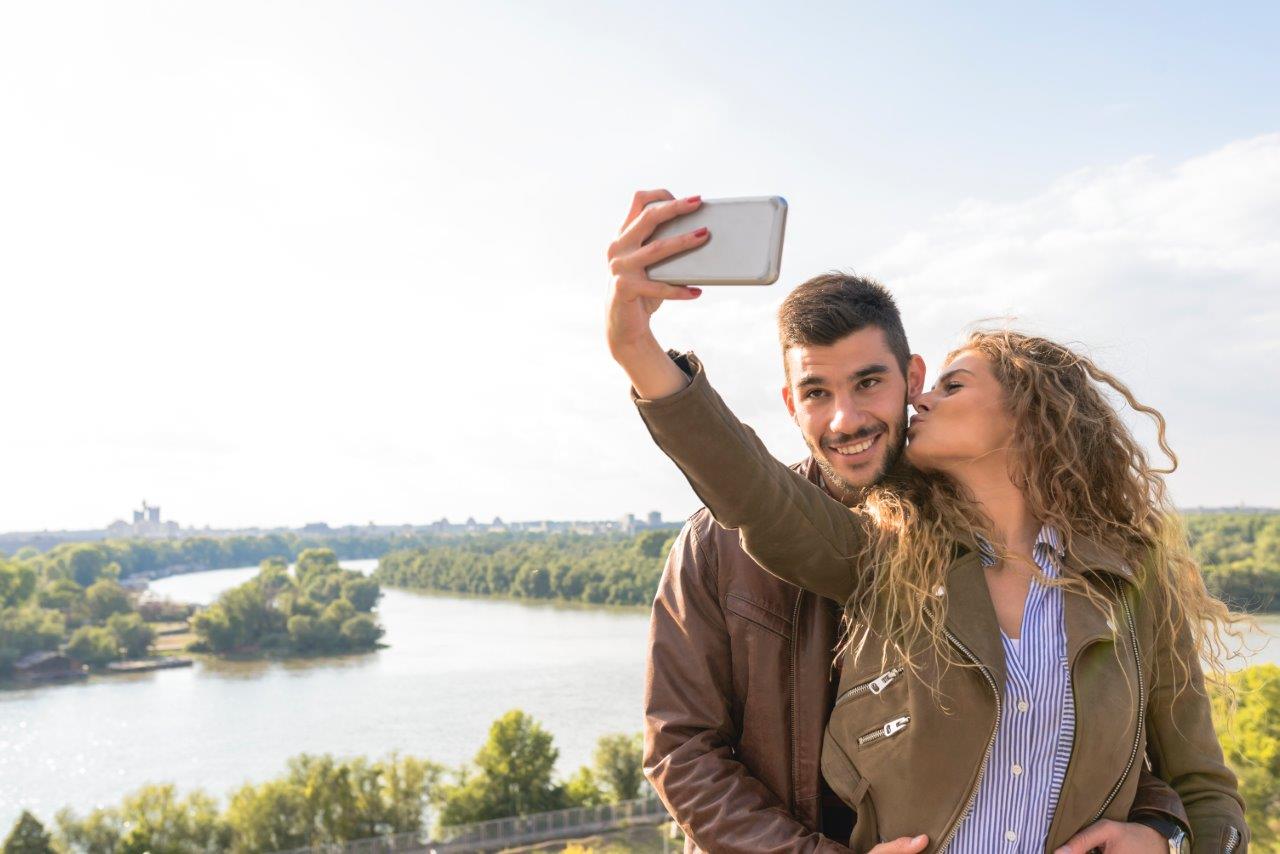If you’re thinking about having sex for the first time, you might be feeling excited, scared or nervous. Maybe you’re feeling all of these things. That’s perfectly normal. Rushing into it before you’re ready or not communicating properly with your sexual partner may make you feel uncomfortable later on.
Here are a few tips that can help make your first time comfortable and safe.
Talk to someone you trust
If you’re feeling nervous about having sexual thoughts or being ready to have sex, you may want to talk to someone you trust. This could be a counsellor, a sibling or parent, a teacher, or even a close friend who’s had sex before.
A counsellor’s job is to support and listen, not judge your decisions or questions. If you don’t have a family member or friend who you feel comfortable talking about sex with, a counsellor might be able to help you. It can be useful to talk to someone about their experiences of feeling ready for sex – and having sex for the first time – because they may have experienced the same feelings as you.
Understand safe sex practices
Another important factor to consider is sexual health and safe sex practices. If you talk to your general practitioner (GP), they can give you information on how to stay sexually healthy and make your first time more enjoyable.
This information can help keep you safe and protected from STIs or an unintended pregnancy. Practicing safe sex shows that you not only have respect for the other person, but yourself.
Using barrier protection, such as condoms, diaphragms and dental dams are safe sex methods that can reduce the risk of most STIs, however they need to be used correctly. Which is why it’s important to speak to a health professional, such as a GP, nurse or counselor first.
Consent and safety is everything
If you feel like you’re ready to have sex, you should make sure it’s because you want to and not because you feel pressured into it. It’s important not to do something you’re uncomfortable with just because the other person wants to, or because your friends are doing it. It’s your body and your decision.
You should also think about if the other person is emotionally and physically ready for sex. Explicit consent is a must, so you should ask if they’re OK with what’s happening. Even if it feels awkward, it’s best to keep checking in to make sure. It can be sexy to ask what feels good or doesn’t. Having open communication with the other person can really help make the experience better.
You must also be aware of the legal age of consent in your state. Having sex with someone who’s under the legal age of consent can have serious consequences, even if they’ve explicitly said they’re ok with it. You can find out more information from Youth Law Australia.
It’s OK to not be ready – speak up
Try to read your sexual partner’s body language to see if they’re comfortable with what’s happening. Just because they might say it’s OK, they might not feel OK. If you notice that they seem uncomfortable, slow down and check if they're still enjoying themselves.
On the other hand, if things feel like they’re going too fast for you, it’s alright to tell the other person to slow down or do something else instead. You may feel less comfortable while it’s happening or just before you start. It’s always OK to say you want to stop or to change your mind.
The influence of alcohol and other drugs
Another factor in being ready for sex is being aware of how intoxicated you or the other person is. If you feel like you need to use alcohol and other drugs to be ready, it’s maybe not the right time. Substances can affect a person's ability to give consent, and increase the chances of doing something risky, such as not using protection. If you engage in any sexual activity with someone who is unable to give consent it is sexual assault or rape.
If you want further advice, find support online or over the phone, or at a local headspace centre.

